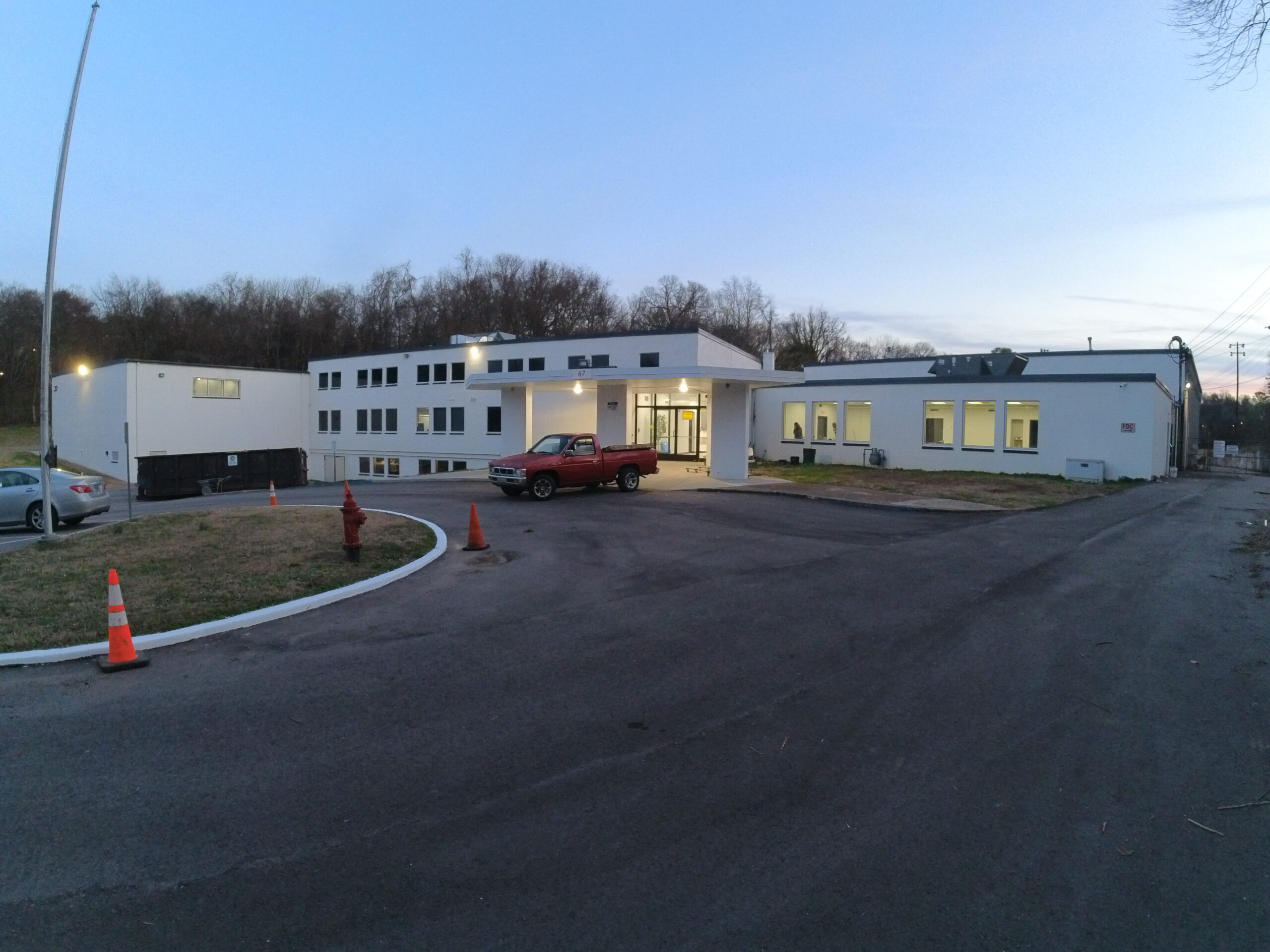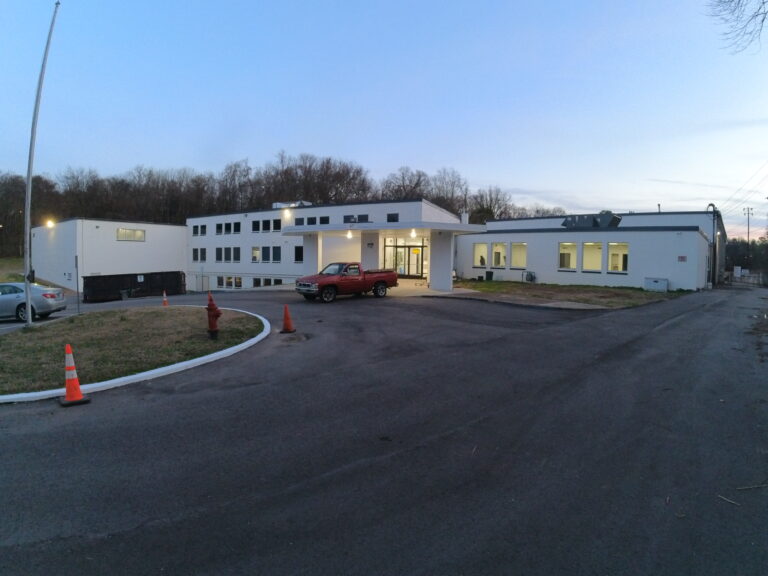The Role of Mosques in Building Community
Mosques are more than just places of worship for Muslims; they play a vital role in building and strengthening the community. These holy places not only provide spiritual guidance but also serve as a social hub for Muslims to come together and form connections with one another. In this blog post, we will explore the various ways in which mosques help in building community.
First and foremost, mosques provide a space for Muslims to come together and pray. This regular gathering for communal worship creates a sense of belonging and unity among the community members. This unity is further reinforced by the fact that mosques are open to all Muslims, regardless of their background or social status. This means that everyone is welcomed and accepted within the community, creating a sense of inclusivity.
In addition to regular prayers, mosques also host a variety of activities and events throughout the year. These include classes on Islamic teachings, seminars on contemporary issues, and cultural events. These activities provide opportunities for community members to come together, learn from each other, and share their experiences. This helps to break down barriers and promote understanding among community members.
Another key role that mosques play in building community is providing support to those in need. This includes providing financial assistance, counseling, and other forms of support to community members who are facing difficult times. Mosques also serve as a point of contact for members of the wider community who may be interested in learning more about Islam or who are in need of support themselves.
Mosques also play a crucial role in promoting civic engagement and social activism. They often serve as a center for community organizing and activism, with members coming together to work on issues affecting the community. This includes activities such as organizing voter registration drives, advocating for social justice issues, and participating in community service projects.
Finally, mosques serve as a point of connection between Muslims and the wider community. They often organize events that are open to non-Muslims, such as open houses, interfaith dialogues, and community service projects. These events help to promote understanding and break down barriers between Muslims and non-Muslims, promoting a sense of unity and shared purpose.
In conclusion, mosques play a vital role in building community among Muslims. They provide a space for communal worship, a hub for social activities, and a point of connection between Muslims and the wider community. By serving as a center for community organizing, promoting social activism, and providing support to those in need, mosques play a key role in promoting a sense of unity and belonging among community members.


